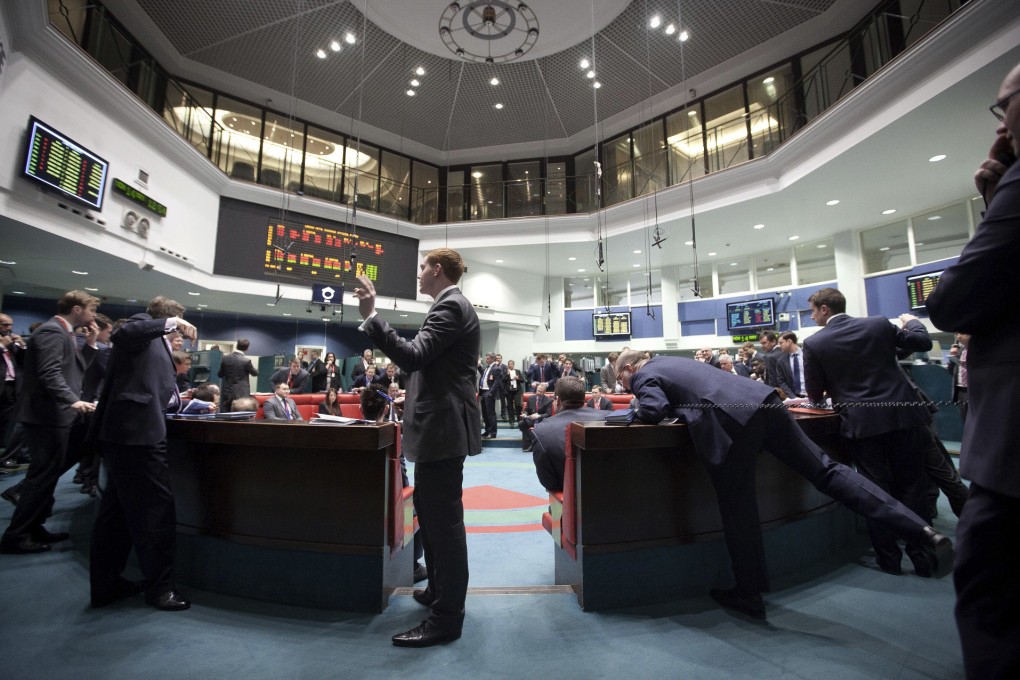Opinion | LME must seize the initiative to get mainland China access
Introducing yuan commodities products soon would help LME see off threat from local rivals

Strenuous efforts by Beijing to push homegrown commodity exchanges into the international arena don't bode well for the likes of the London Metal Exchange (LME), which is struggling to get any meaningful access to the mainland market.
The latest rising star is Tianjin's Bohai Commodity Exchange, founded in 2009 and a trading venue for 70 products from crude oil to metals and mushroom to apples. It has built an online platform which mainly caters to mainland market participants. Now it is after international investors who want to trade in yuan in a wider variety of products.
In a bid to woo traders, brokers and investors, Bohai brought its travelling roadshow to Hong Kong last week.
The symbolism of the event, hosted at the Bank of China Hong Kong's gleaming headquarters in Central, was hard to miss.
More significant for would-be foreign competitors is that the Bohai bourse is the first non-bank organisation on the mainland permitted to conduct cross-border yuan business.
The LME, bought by Hong Kong Exchanges and Clearing a year ago in an ambitious bid to build a mainland-focused commodity trading centre here, will need yuan-denominated products to succeed - and approval from Beijing to allow mainland firms and investors to trade here to generate liquidity. And it would be a big help if the LME was allowed to open mainland warehouse facilities.
